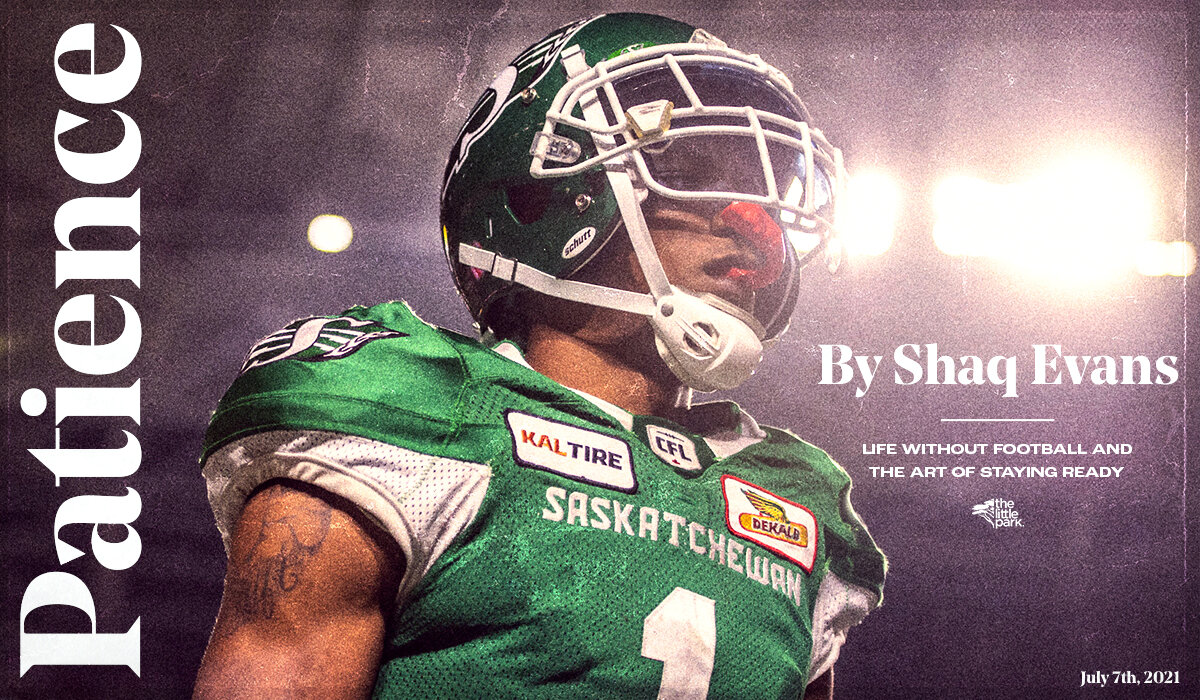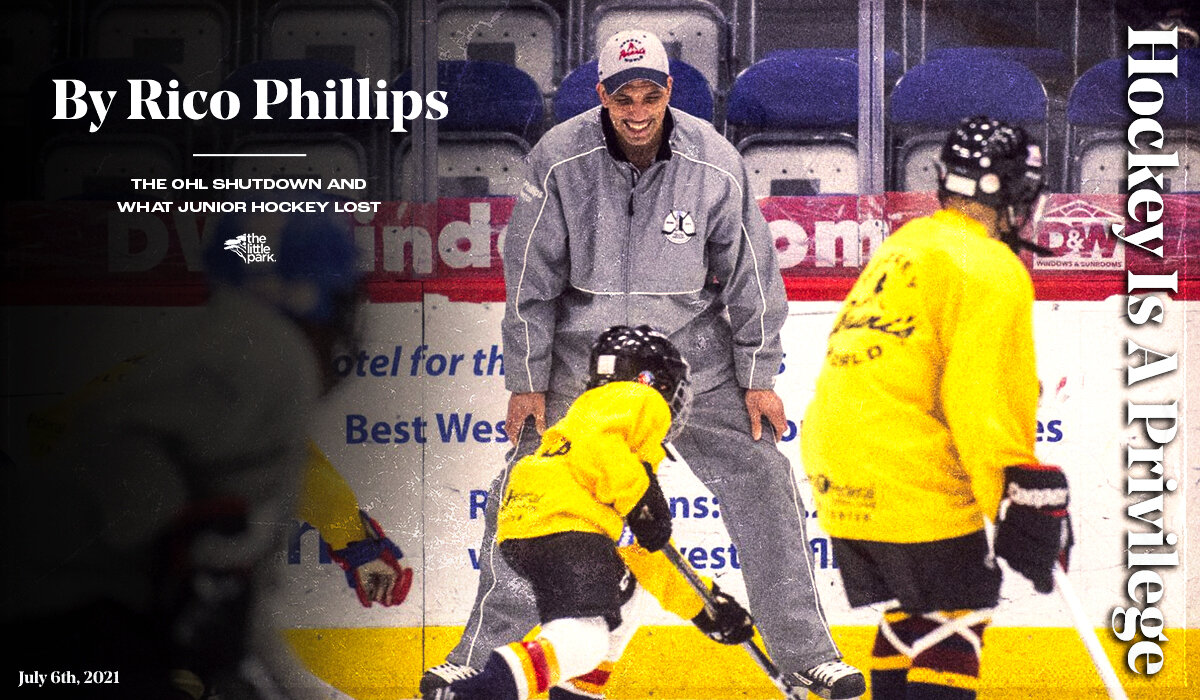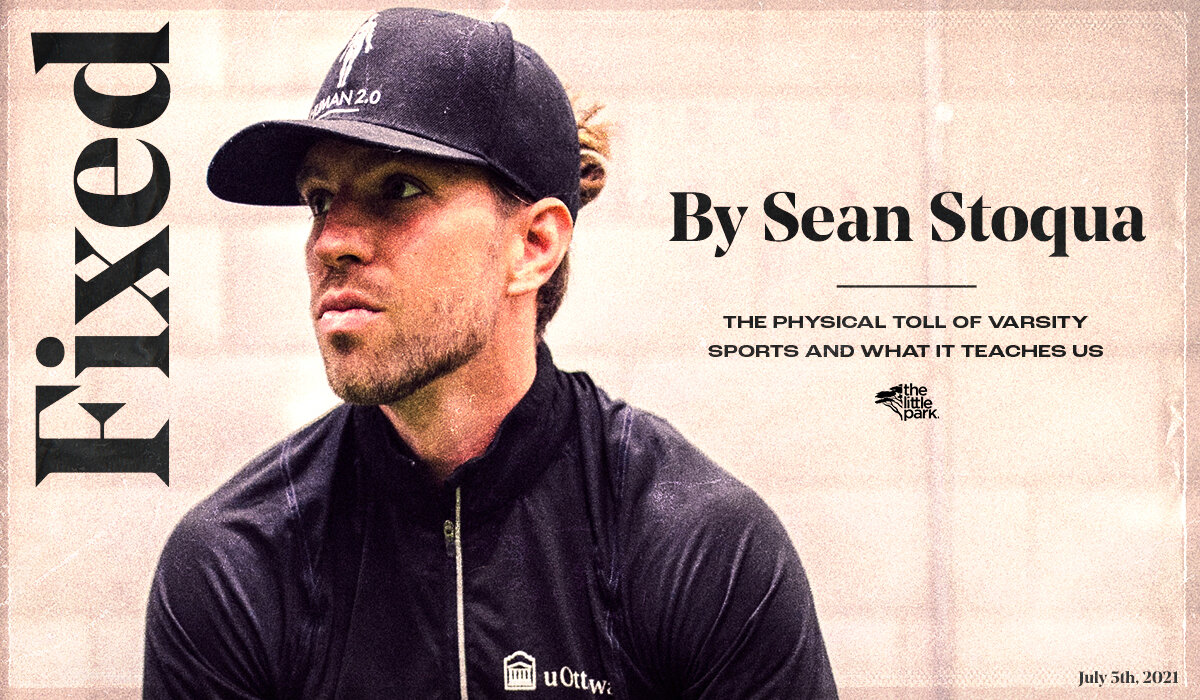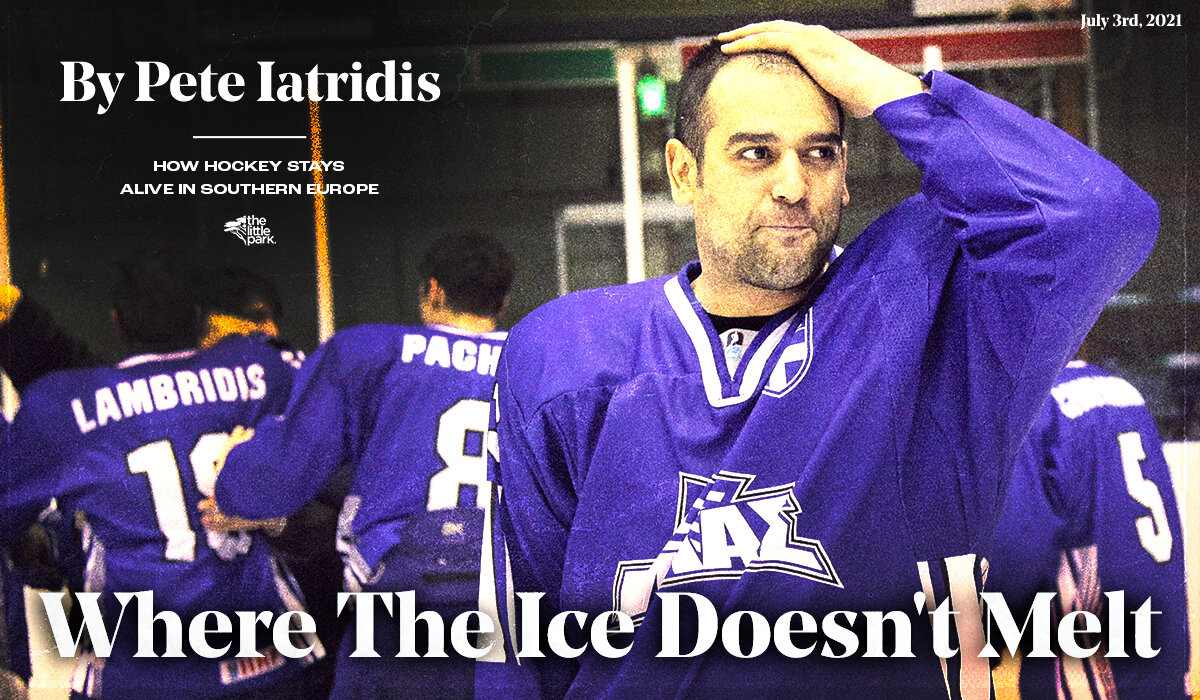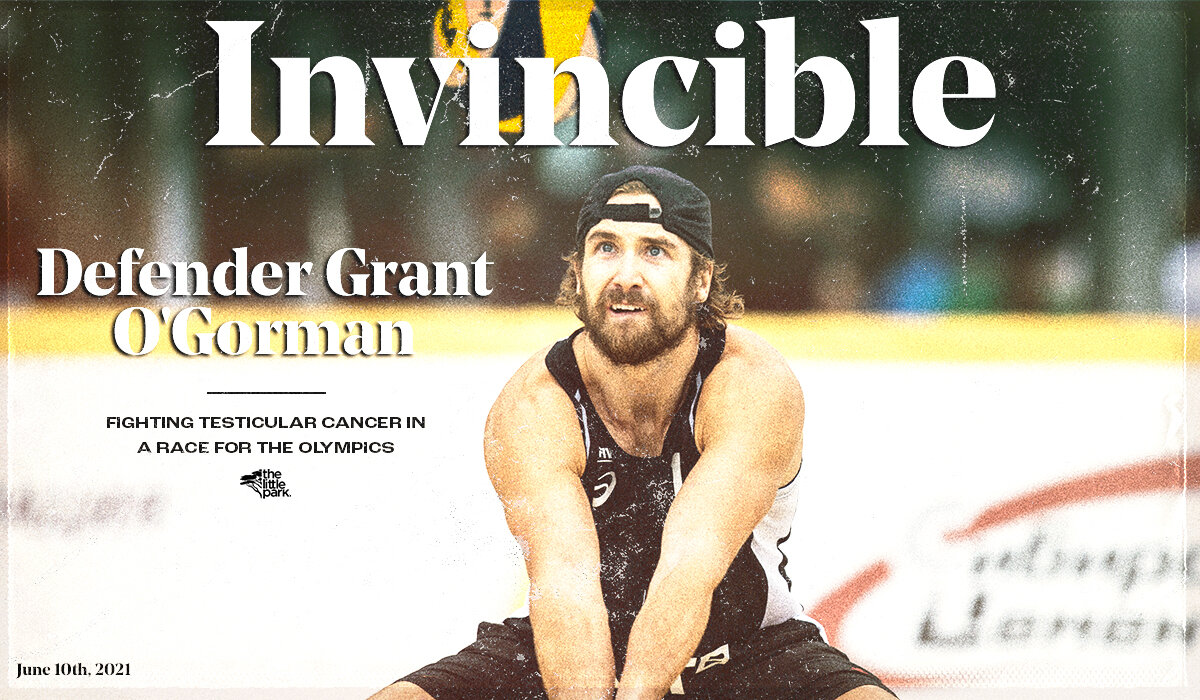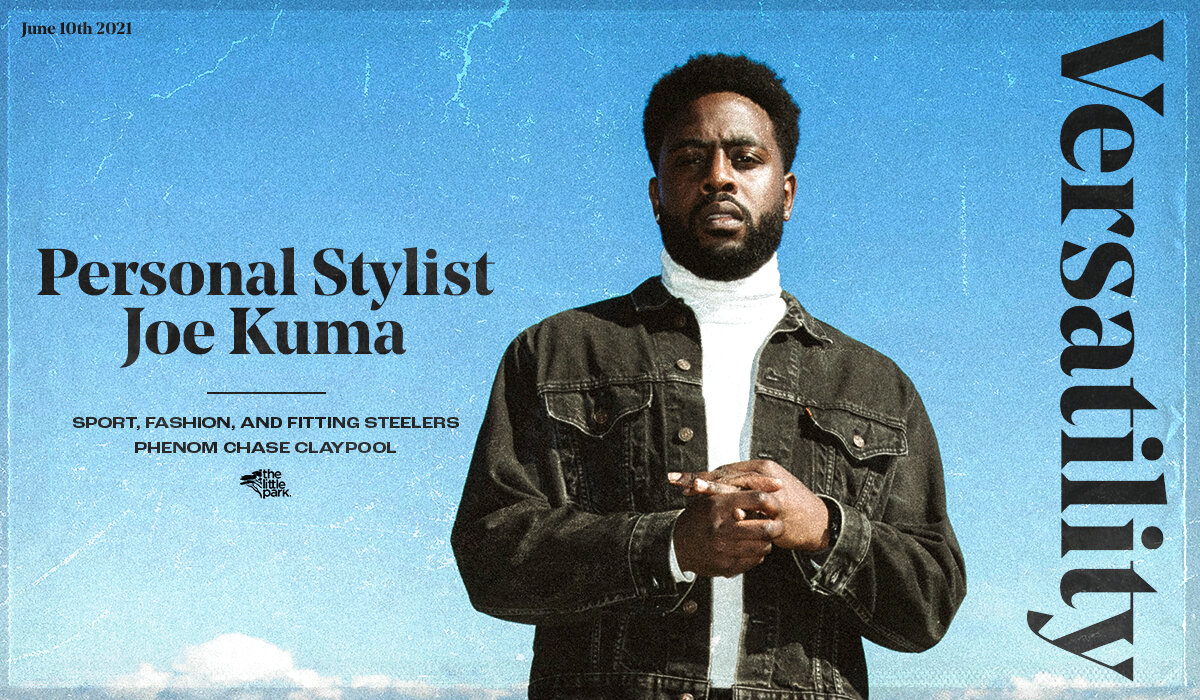In 1936, some of the world’s top athletes debated whether or not to attend the Olympic Games hosted in Berlin under the rule of the Nazi’s, while Jesse Owens chose to compete in the Games to prove Hitler’s doctrine of a master race incorrect. In 1947, Jackie Robinson broke the colour barrier in baseball. Some may argue this first happened six decades earlier in 1884 when Moses Fleetwood Walker became the first African American major league baseball player. Most aren’t familiar with his name because three years later baseball owners enacted a rule barring black players from professional ball. Until Jackie came along, Black ball players would have been subjected to only playing in Negro Leagues. In 1968, John Carlos and Tommie Smith won the 200 metre gold and silver medals at the Olympics in Mexico City. While standing on the podium during the American national anthem, they each wore a black glove on their hand and held their fists in the air to use their platform to silently protest racial discrimination. They were both suspended from the U.S. team and banned from the Olympic Village. In 1973, Arthur Ashe fought to play tennis in South Africa during the apartheid. He was strongly criticized. But after negotiating with the government to integrate the seating at Ellis Park in Johannesburg, Black fans who saw him win the doubles title there called him a “Gift from God.”There’s a long history of athletes using their platform to fight against social injustices. To fight against racism. To fight for equality. That’s what we’re talking about here. Equality! To be looked at, treated, judged, criticized and supported as equals. Doesn’t seem like much to ask in a modern-day society now, does it? Unfortunately, that’s not the case. The Milwaukee Bucks shocked the sporting world on Aug. 26 by refusing to come out of their locker room for Game 5 against the Orlando Magic in the first round of the NBA playoffs in protest of the most recent police shooting of Jacob Blake. The remainder of the NBA teams who were scheduled to play that day also boycotted their games. The NBA made an official statement saying their scheduled playoff games will be postponed until further notice. When I first heard the news about the Bucks boycotting their playoff game because of Blake and standing against both systemic racism and police violence, I began to get emotional. But for the first time in a while, my emotions were coming from gratefulness and not pain. I was so incredibly touched by what those players did because I could appreciate the immense amount of courage it would have taken for them to make that decision. Even in a progressive league like the NBA, making that decision still took so much bravery. I was beyond moved by the players and knew what I was witnessing was history in the making. But I think why it really touched me is because deep down I could never in my life picture something like this happening in hockey. I was watching the televised coverage of what was supposed to be that evening’s NBA games, but what was now sports history happening live in front of my eyes. Subsequently, other leagues began to follow. A number of MLB games were postponed, then MLS, then WNBA. It’s was amazing to see everyone fall in line and show their support for the courageous act shown by the Bucks players. Well, almost everyone. After watching a couple hours of coverage on the different leagues responding to the Bucks boycott, I changed the channel to the NHL playoffs to see what they were doing. I would love to say I was surprised with what I saw, but the truth is, I wasn’t. It was just business as usual. Stick to the schedule. The show must go on, I guess. Watching the NHL be played that night hurt me. I felt after all that has happened this year with regards to social injustice and fighting to eradicate racism, that with the NHL even putting up slogans around their rinks saying, “We Skate to End Racism,” they still didn’t get it. It felt so incredibly tone deaf to what was happening in the rest of the sports world. Being a retired Black NHL player, I was just disappointed. But this was not a new feeling for me when it comes to the hockey community’s reaction to social and racial matters. I’m all too familiar with that feeling. To the NHL’s credit, it postponed scheduled games for the next two evenings, as did many other professional sports leagues, including the NBA. I was relieved to see the immediate response the following day, albeit one day late. It at least told me that the hockey community is starting to get it. That was until I began to see hockey fans response to the two-day shutdown from the NHL. NBA players like Trae Young, who had no longer been in the NBA bubble in Orlando, tweeted out a comment saying “Proud to be a part of this League… Even More Today.” Meanwhile hockey fans were posting sentiments such as “Keep politics out of sports,” “How is not playing hockey for two days going to do anything?” “I’d rather watch hockey than not… I also think players would rather play than not.”Ugh … here we go again. My own community still doesn’t get it and my fear is that that last fan was right. The majority of the players in the NHL would rather play than not. But what does that say about our sport? What does that say about our league? About our community? Why is the reaction to athletes standing up and using their voice or their platform to speak on matters that are humanitarian, being greeted with criticism about bringing politics into sports? Why can my hockey community embrace me and cheer me on when I’m on the ice, but not care about my own well-being when I’m a member of society? The Bucks didn’t boycott their game for political reasons, they did so for very basic humanitarian reasons. Hence why so many athletes, coaches, managers, owners and leagues followed. I’m sure they don’t all share the same political beliefs, but I know they all share the same humanitarian ones. I, more than most people, understand the magnitude of the bridge between the hockey community and minorities. After seeing the NHL respond like many of the other leagues by agreeing to shut down play for two days, I was given a new hope that things may start to change in the sport. That this bridge may begin to get smaller. I saw press conferences being held with all remaining NHL players in the Edmonton bubble standing behind the players of colour and other team leaders. I saw NHL coaches from four different organization take a break in the middle of playoffs, to sit down together and address the media on the importance of why they were taking this stoppage in play. It looked like the hockey community was finally acknowledging the real life struggles myself and every hockey player of colour has had to endure. Being the victims of numerous racial epithets. Being told by fans to stick to playing basketball. Having our lives threatened for scoring a game-winning goal in a playoff elimination game. I was hopeful. I was hopeful that my hockey community was beginning to understand. That is until I realized how upset it made so many members of the community.It hurts to know that even when the NHL does the right thing, it is still greeted with disdain. What does it say about our sport and our fans when people will literally express to the public that they’d rather watch hockey than take two days away to reflect and draw some attention to the racial injustices that a handful of their own players have to deal with? What does it say when we see NBA players show such strength and unity in their decision to boycott, but not every NHL player can even say Black Lives Matter? Saying Black Lives Matter shouldn’t be hard to say. It doesn’t mean only Black lives matter, it means we all matter, but there’s a long history of Black lives not mattering unless they’re entertaining us. They matter when they score us a big goal or hit a game-winning shot, but do they matter when pulled over by police in a routine traffic stop or when walking down the street at night in a nice neighbourhood?The saying Black Lives Matter is partly a result of white privilege. Being able to cheer for Black athletes, but being upset when sports takes a two-day break to address important racial matters comes from white privilege. Being able to cheer for black athletes, but not being able to say Black Lives Matter comes from white privilege. Being able to cheer for Black athletes, but accusing them for bringing politics into sports when they address important humanitarian matters that are a nucleus in the division in America is white privilege. As a diverse society we need to understand the troubling experiences our neighbours who do not look like us have to endure. A multimillion-dollar athlete who speaks up on social injustice or police brutality is not a whiny, privileged, out-of-touch athlete. He’s a human being. We should be recognizing that if the type of wealth we all think athletes must have, for them to still speak up on these issues, it must mean no amount of wealth or professional success allows them to feel safe. No amount of wealth or celebrity status keeps their children safe from futile police violence. As I continue to witness what we’ve all had to endure in 2020, it deeply saddens me to watch the division in our societies that only continue to pull us further and further apart from one another. After the murder of George Floyd, protestors around the world began to call for change. A change in the systemic racism that is prevalent in parts of our communities. A change in the way police are all too casually shooting minority citizens. People all over the world began to protest something that seemed so logical. Wanting to end unnecessary police violence and fighting for equality only seems logical. I hope and pray that through all this carnage, we will take a stand and say enough is enough. If you can cheer for us, then you can stand for us. Love y’all.






